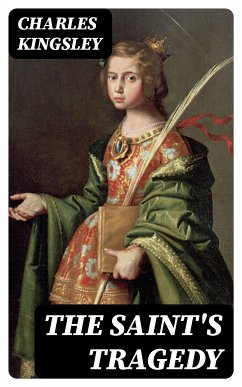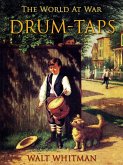In "The Saint's Tragedy," Charles Kingsley presents a poignant exploration of faith, sacrifice, and the complexities of human emotion through the lens of religious devotion. The narrative unfolds as a dramatic poem, blending lyrical beauty with theological depth, reflecting Kingsley's deep engagement with the Victorian era's socio-religious dilemmas. Set against the backdrop of ecclesiastical struggles, the work interrogates the life of St. Elizabeth of Hungary, marrying rich character development with Kingsley's passionate plea for a more compassionate Christianity, thus setting it apart from conventional hagiographies of the time. Charles Kingsley, a clergyman, historian, and social activist at the forefront of the Victorian intellectual revival, drew inspiration from his own experiences in addressing social inequities. His commitment to the principles of Christian socialism and the moral imperatives of the age propelled him to articulate the transformational power of faith in the lives of individuals. Influenced by his desire to inspire a deeper understanding of spiritual and ethical integrity, Kingsley wrote this work as both a tribute and an urgent call for religious and societal reform. "The Saint's Tragedy" is a must-read for those intrigued by the intersection of faith and literature, as well as readers seeking to understand the moral fabric of Victorian society. Kingsley's evocative storytelling and the rich theological context offer profound insights, making it an essential work for scholars and casual readers alike.
Dieser Download kann aus rechtlichen Gründen nur mit Rechnungsadresse in A, B, BG, CY, CZ, D, DK, EW, E, FIN, F, GR, H, IRL, I, LT, L, LR, M, NL, PL, P, R, S, SLO, SK ausgeliefert werden.









